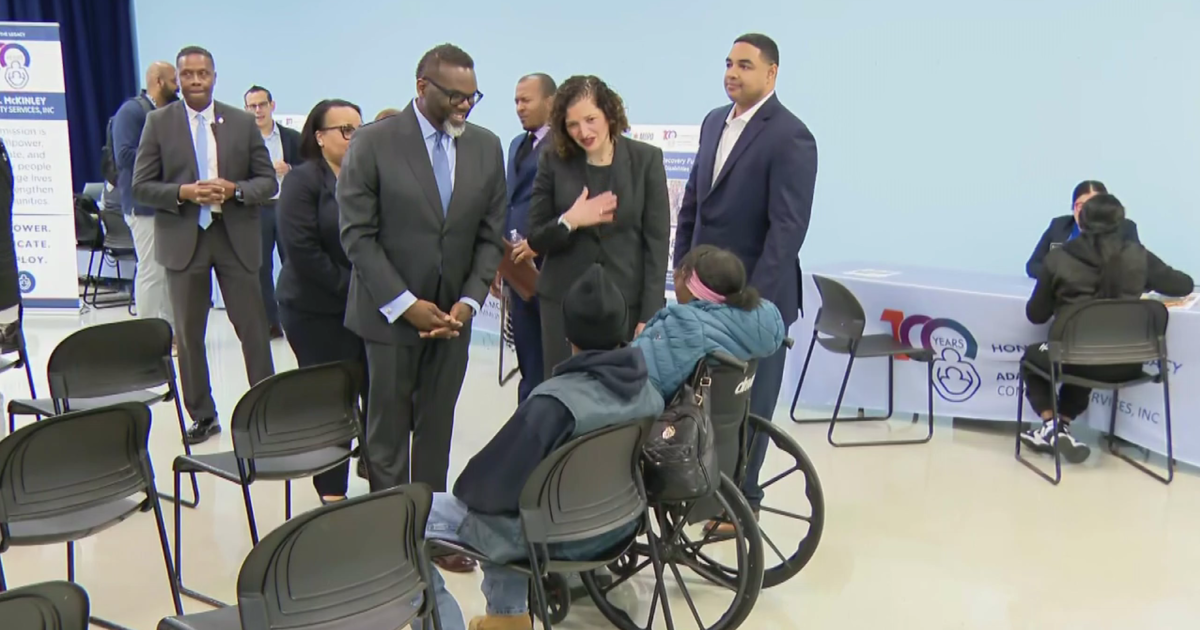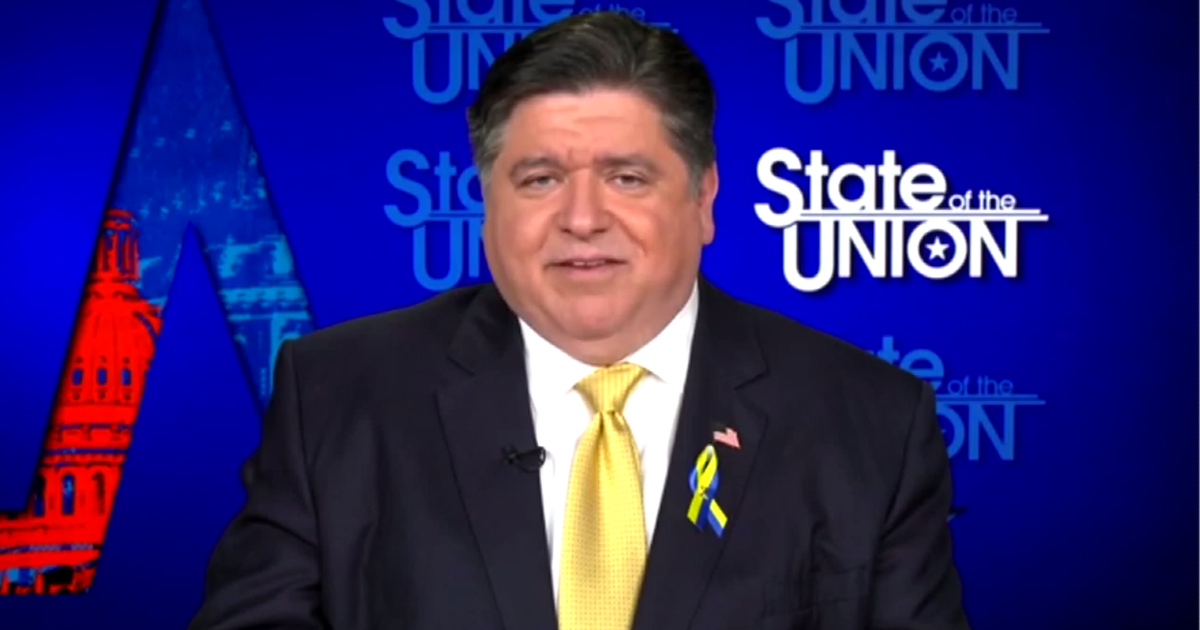Quinn Still Won't Spell Out His Plans For City Pension Reform Legislation
CHICAGO (CBS) -- A plan to overhaul some of Chicago's underfunded employee pension systems could spell a long weekend for Gov. Pat Quinn, who has until Monday to decide what to do with the legislation on his desk.
WBBM Newsradio Political Editor Craig Dellimore reports, after congratulating two Illinois students who were finalists in the Scripps National Spelling Bee, Quinn was asked if he planned to v-e-t-o a measure that would clear the way for the Chicago City Council to raise property taxes to help fund the pension reform plan, something he doesn't want.
"How do you spell review? R-e-v-i-e-w. I'm reviewing that bill," Quinn said. "I'm gonna spend this weekend and into Monday. You know, we've looked at it quite a bit, but you've got to do your homework, right? You guys know that. You've got to do homework if you're going to be ready for the big day."
Governor Has Until Monday To Act On City Pension Reform
Mayor Rahm Emanuel, who helped lobby for passage of the state's pension reform plan, said he hopes the governor gives Chicago the same chance.
"We'll have a decision on Monday," Quinn said. "It's an important bill. We have many important bills. About four or five hundred bills passed the legislature, and you have to put them under a review process before you make any actions."
In April, lawmakers approved a measure to help prop up the pension funds for city laborers and municipal workers.
Originally, the legislation would have mandated a five-year, $50 million-a-year property tax hike in Chicago, but Emanuel agreed to remove that language from the legislation and instead seek the tax hike through the City Council's home rule authority.
Emanuel's plan requires not only more money from the city, but from employees. Workers who contributed 8.5 percent of their paychecks now would see that amount increase to 11.5 percent by 2019 and stay there until the system has 90 percent of what it needs to cover promised benefits.
And workers would receive less. The annual cost-of-living adjustments would fall from 3 percent a year, compounded, to a straight benefit of half the rate of inflation, or 3 percent, whichever is less.



